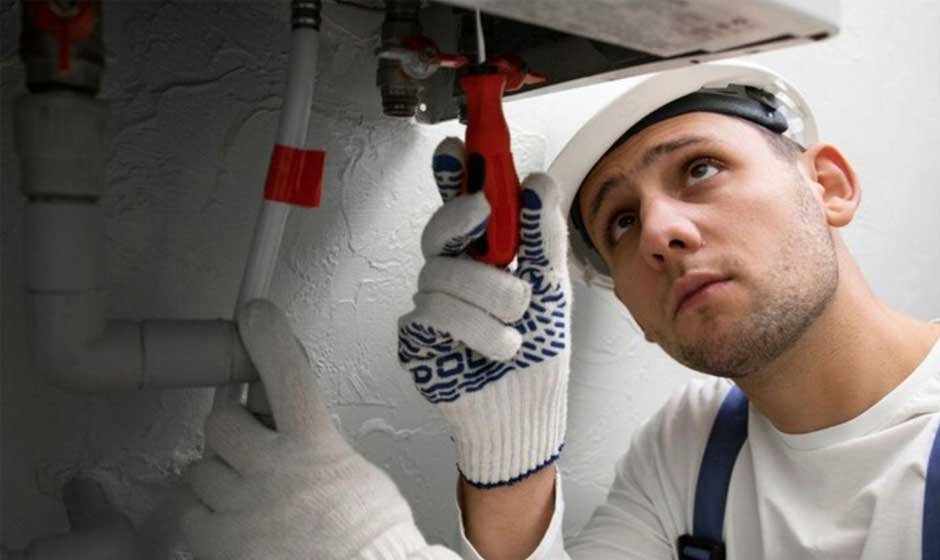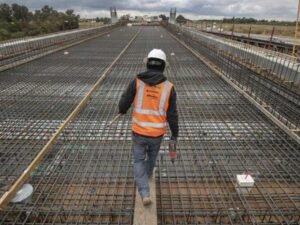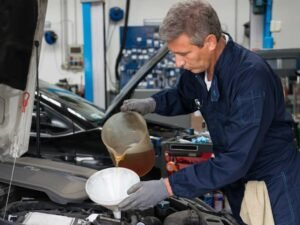Have you ever checked whether your plumbing system is ready to deal with the upcoming season?
Drainage pipes, valves, and drainage systems are some of the most insecure areas of your home; however, they are not the first things that people will think of when there is a change of seasons.
With the change in temperatures and weather patterns, your plumbing needs as much attention as any other system that is considered vital. Nothing on your to-do list is all that glamorous, but seasonal plumbing might keep you out of trouble, and it may also enable you to save the most money.
We are going to look at plumbing maintenance tips, how you can keep your plumbing system in good shape throughout the year, minimize the chances of having your plumbing system break during high cost, and eliminate the need of having to make an emergency call to your plumbing service.
Why Seasonal Plumbing Maintenance Matters?
Plumbing in your home toils in the background and you rarely take notice of it, but when it breaks, they can have very costly visible effects. Winter is full of frozen pipes and summertime is full of water pressure problems: every season brings something new.
Regular checks can make your plumbing last longer, not mentioning the fact that minor anomalies won’t get compounded into bigger and troublesome ones. These preparatory measures are protective of your property, efficient utilization of water and a guarantee of relief in the event that either high temperatures or low temperatures occur.
Spring Plumbing Checklist: Recovery And Readiness
Spring is the best time to check your plumbing following a long winter.
Check Leaks: During the cold weather, pipes are likely to crack or become loose. Search around sinks, near appliances, or under exterior walls.
Test Outdoor Faucets And Hose Bibs: These are often the first to suffer winter damage. Turn them on slowly and check for leaks or water pressure problems.
Clean-Out The Water Heater: During the winter, sediment may accumulate. It can also be flushed, which could enhance efficiency and have a longer lifespan.
Inspect Sump Pumps: Floods may arise due to the rainy seasons. Fill your sump pit with water so that you can check whether the pump is functioning well.
Spring maintenance is a starting point toward enjoying warmer months and a guarantee that your system is prepared to work a bit more.
Summer Plumbing Tasks: Preventing High-Season Strain
Summer may appear to be a low-risk season, but there is added strain on your system due to household activity and use of water.
Check Sprinklers And Irrigations: Leaks of sprinklers or improperly positioned heads can also lose valuable water as well as ruin landscaping.
Pay Attention to the Drains: Showers and washroom, laundry, and kitchen activities increase with the number of occupants which can overload drains. Address slow drainage early.
Check Water Pressure: Swelling pipes or hidden leaks can affect pressure. Such a lack of consistency in flow can be an indication of more serious problems.
Investigate Washing Machine Hoses: The older rubber hoses are weakened by heat, and it is advised that one should check the hoses and look to replace them with reinforced versions.
Paying some attention to plumbing in the summer will help keep unnoticed problems to yourself and turn them into costly fixes in the busy months.
Fall Plumbing Preparations: Prevention Before Winter
The best time to have your plumbing system prepared in line with the cold months ahead is during autumn. This is aimed at insulation, drainage, and active care.
Freeze-proof in-line outdoor faucets: Turn off and remove the outdoor water sources outside the house because water in their path may freeze during winter and break the pipe.
Wrap Uncased Pipes: Uncased pipes located in garages, crawl spaces, and basements are exposed. Pre-put foam sleeves or heat tape.
Maintenance of the Water Heater: Winters require greater amounts of hot water. Make sure you have your heater checked to determine its efficiency and safety.
Cleaned Gutters and Downspouts: Stagnant water may cause your basement to flood and cause extraneous pressure on your pipes and ground.
Checking them out these factors in fall can help to ensure yourself the possibility not to resort to emergency plumbing in the middle of winter.
Winter Plumbing Strategy: Protecting Against The Cold
The worst time of the year in relation to plumbing is winter. One of the most popular and devastating plumbing complexities that homeowners can experience is frozen plumbing.
The Faucets should Drip a Bit: Pipes that are prone to freezing at night can be prevented through the dripping of water slowly.
Open Cabinet Doors: By allowing warm air to circulate under sinks, you can possibly avoid the pipes being left to freeze, especially in the external walls.
Exterior Cracks: Stop the entry of cold air through cracks in the foundation or around the baseboard drains, such as toilets and bathrooms.
Know Where Your Master Shutoff Valve Is: With a broken pipe, having quick access to the main valve of your home can do you a lot of good.
When you have proper winter plumbing maintenance suggestions, you radically minimize the possibility of having to type the following during the early hours of the morning, especially 3 a.m., and that is emergency plumbing near me.
Commonly Overlooked Plumbing Areas To Monitor Year-Round
Besides seasonal problems, there are some areas of plumbing structures that can be neglected very easily when you are maintaining your house routinely, but they can cause an extreme risk when ignored.
- Appliance Hoses and Seals: Refrigerators, washing machines, and dishwashers, which are supplied with water lines, have to be regularly checked for hoses and seals and determine their wear marks.
- Toilets Seals and Supply Lines: Rough wax rings or brittle connectors may cause hidden leaks and damage due to water.
- Pressure Regulators: A changing water pressure will damage your plumbing system and equipment in the long run.
- Shut-Off Valves: Your valves should be periodically tested to make sure that they are not seized or leaking.
Regular check-ups of these ordinary things with essential plumbing maintenance tips will make you always be a step ahead, and you will never have to panic at the breakdown of your system.
When To Call A Professional Plumber?
On the one hand, a lot of plumbing repair work is easily within the scope of the individual; on the other hand, nothing can replace professional experience, including the abilities to notice the existence of some latent problems, or to provide lasting dependability.
A licensed plumber can:
- Conduct detailed inspections of internal and external plumbing
- Test system pressure and flow for potential blockages
- Identify wear and tear in parts you may not think to check
- Provide recommendations on insulation, replacements, or upgrades
Booking an off-season inspection often costs less than emergency repair and can give you peace of mind before weather extremes roll in.
Conclusion
Plumbing maintenance may not be the most glamorous part of homeownership, but it’s certainly among the most important. Each season brings its own set of challenges, and staying proactive ensures your home runs smoothly, efficiently, and safely all year round.
By following these practical maintenance tips, you can prevent common problems like pipe bursts, drain backups, and appliance failures. Even better, you can avoid the costly disruptions that come with searching for an emergency plumbing service at the worst possible moment.
So, take the time season by season to check in on your system. Whether it’s a simple hose inspection or a full professional review, Rooter-Man SC is here to help you out.










